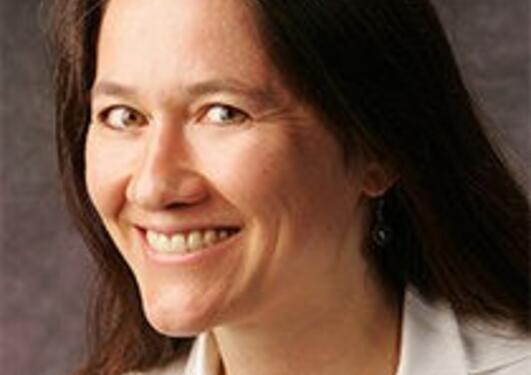Native/Immigrant/Refugee
Native/Immigrant/Refugee was financed by the Peder Sather Center at UC Berkeley and consisted of two phases: Crossings and Divides and Immobility and Movement Across Contested Grounds.

Hovedinnhold
The first phase, Native/Immigrant/Refugee: Crossings and Divides, was completed in 2019, and the second phase, Native/Immigrant/Refugee: Immobility and Movement Across Contested Grounds, received financing from 2020 to 2023. In June 2023, researchers from both UiB and UC Berkeleley held the two-day workshop Immobility and Movements Across Contested Temporalities and Spaces in Bergen.
Professors Christine Jacobsen at SKOK and Leti Volpp at UC Berkeley were project leaders for both phases. From SKOK, Marry-Anne Karlsen and Kari Anne Drangsland were co-workers on the project in both phases. Jessica Schultz from SKOK's WAIT project joined from 2020.
About the project:
Native/Immigrant/Refugee: Crossings and Divides
Who is a refugee, who is an immigrant, and who is a native? These are critical questions at a time when nation-states are tightening and manipulating their borders and increasingly criminalizing subject mobility, and thus these designations are alternatively cast as aspersions or grounded as the basis of claims. Refugees, immigrants, and natives – whether indigenous persons or not - are typically constructed as separate legal and social categories, and thus studied in isolation from one another. This phase of the interdisciplinary research project examined how these as communities, and the fields of studies developed to examine them, in fact converge, displace, and shape each other. We researched how legal regimes and cultural concepts produce categories that determine the corresponding legal entitlements and cultural claims based on membership in these categories. We were particularly interested in how gender is construed in discourse and policy, and the particular burdens placed upon women and families.
Native/Immigrant/Refugee: Immobility and Movement Across Contested Grounds
Who is considered a refugee, who is an immigrant, and who is a native? The Covid-19 pandemic, which has created an unprecedented impact on mobility both within local communities and across international borders, and which has been accompanied by a resurgence of nationalist and nativist responses to a global problem, only heightens the urgency of these questions. This new stage of our successful research collaboration will explore how, in the context of the Covid-19 crisis, designations of “native,” “immigrant” and “refugee” are alternatively cast as aspersions or grounded as the basis of claims. We are particularly interested in how gender is construed in discourse and policy, and the particular burdens placed upon women and families; racial constructions of a “foreign” or “Chinese virus” even while indigenous communities and communities of color face disparate impacts; questions of temporality and how time is experienced and imagined when we do not know the temporal horizon of this pandemic and there is both “too much” and “not enough” time; and questions of space and mobility at this time of global immobility.
